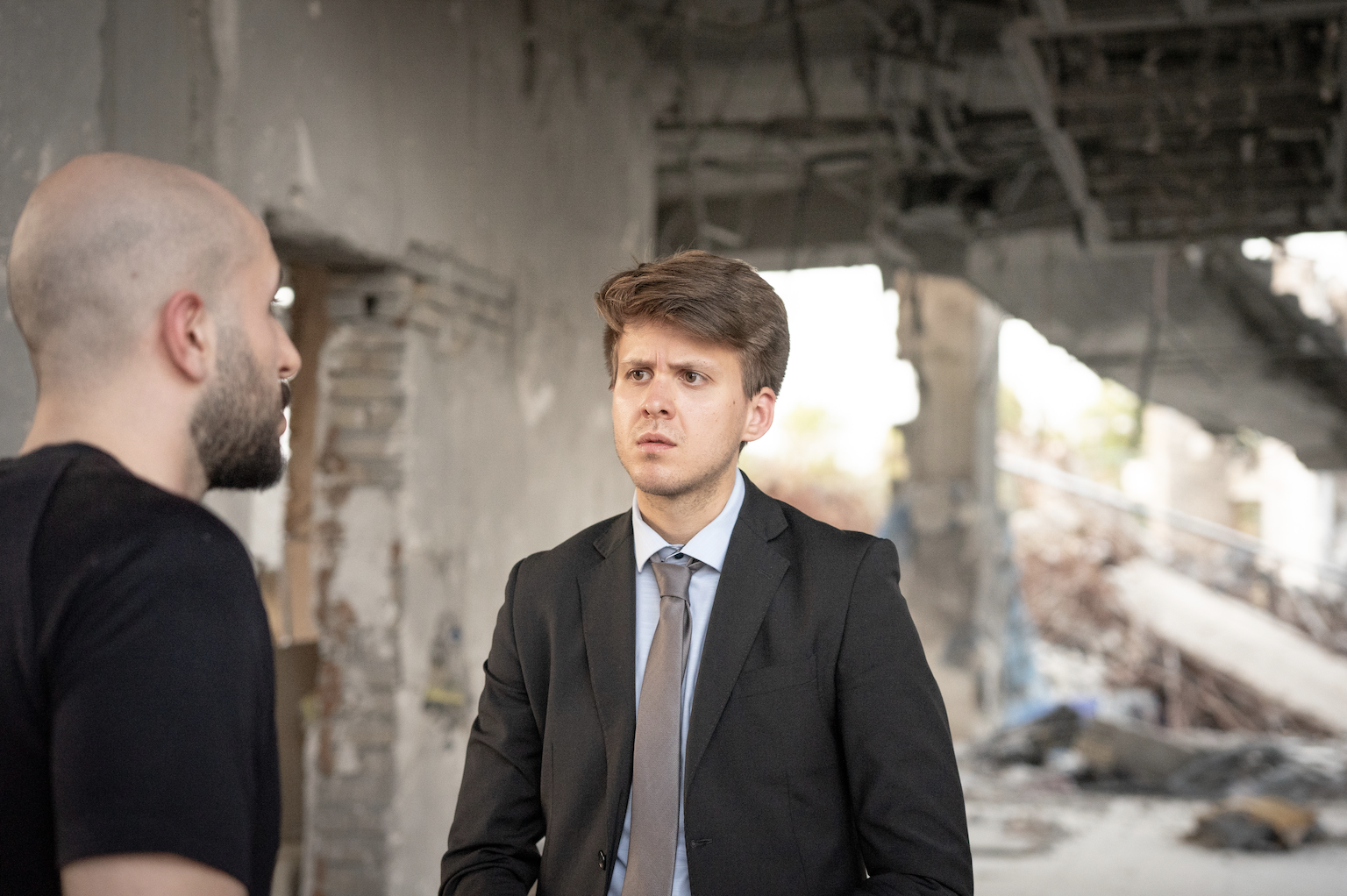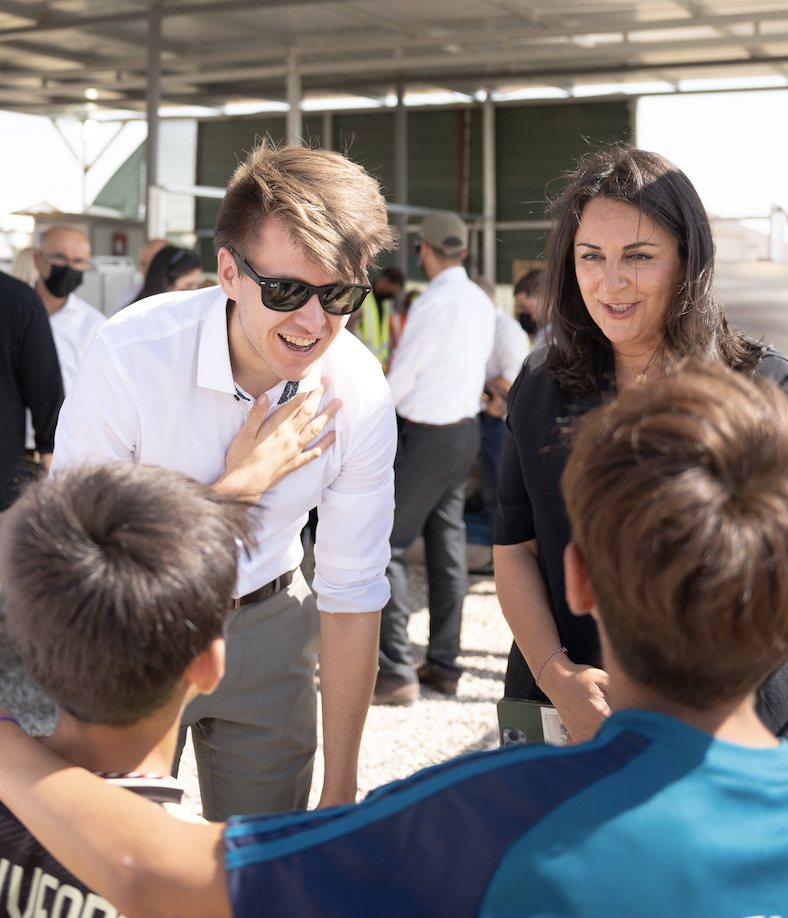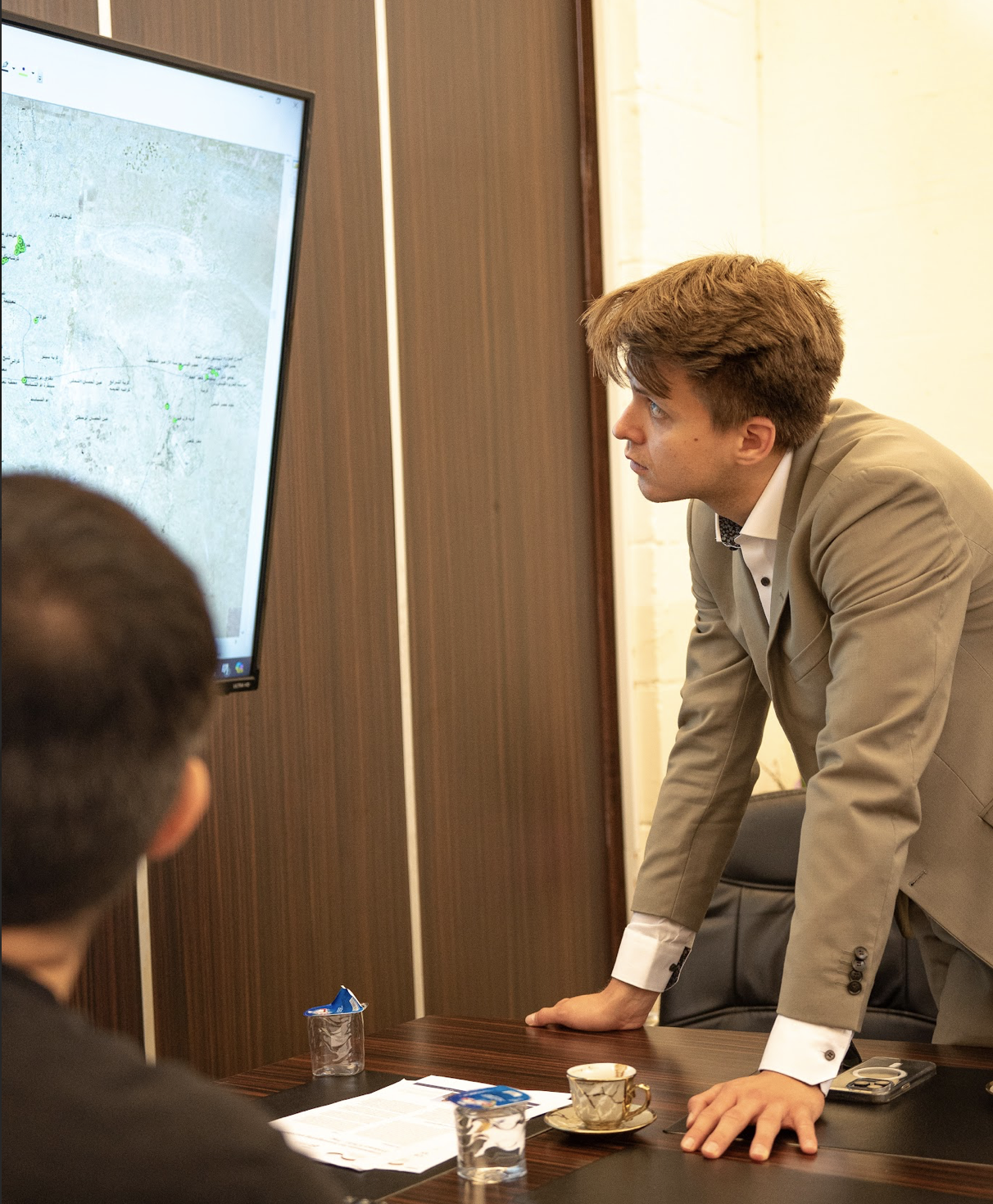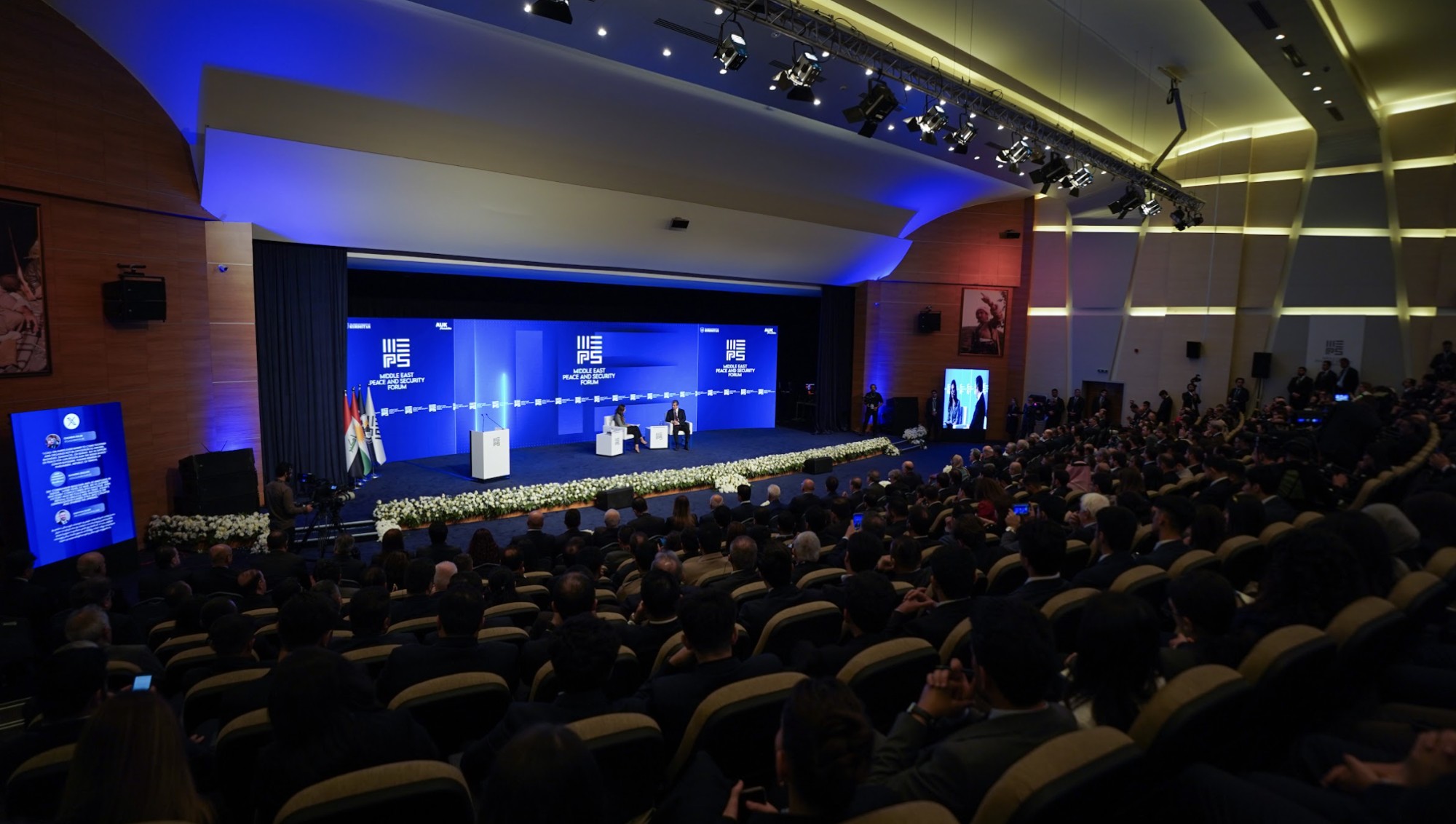Max Lucks, German Member of Parliament (MP) from the Alliance 90/The Greens political party, told Kurdistan Chronicle in an exclusive interview that it is unimaginable that Germany would abandon their Kurdish allies in Iraq. “They are the most important allies we have in the region. We cannot abandon them.
During his visit to the Kurdistan Region in late July, Lucks shared this view amid discussions between the United States and Baghdad about withdrawing U.S.-led coalition troops from Iraq, including the Kurdistan Region, which could mean that troops from European countries would also have to leave the country.
In 2015, during the war against ISIS, Germany sent weapons, armored vehicles, and MILAN anti-tank systems, which played a significant role in enabling peshmerga fighters to destroy ISIS’ self-made armored vehicles.
“I was responsible for the foreign politics of the Young Greens in 2014 and at this time my Green Party sadly denied the delivery of weapons to the Kurds,” Lucks said. “I was in favor of doing so and we had long discussions about it. It always makes me emotional to hear how many newborn boys in the Kurdistan Region are named Milan because we delivered MILANs for the fight against ISIS.”
Lucks underlined that the Kurds are the “true allies here in the region.” Nevertheless, he added that there are also issues with human rights and corruption in the Kurdistan Region.

Deep commitment
The German MP visited the Kurdistan Region in June 2022 as part of a German parliamentary delegation. During the meeting, Kurdistan Regional Government (KRG) Prime Minister Masrour Barzani expressed his gratitude for Germany’s consistent support to the Kurdistan Region.
“Our military presence here is to support the Iraqi people because Germany was not part of the 2003 invasion of Iraq,” Lucks added. “Germany is very willing to stabilize this state and help the Iraqi people, which is why I hope that we find a way to continue our engagement here.”
The German MP also stated that under international law, Germany requires an invitation from the federal government in Baghdad for its military presence. “There are negotiations right now between the United States and Baghdad about those invitations, and I look forward to having a solution,” he said.
Lucks also visited German troops during his visit, many of whom expressed their desire for a continued German troop presence in the Kurdistan Region.
“Our soldiers enjoy cooperating with the peshmerga. They have the feeling of a special relationship between the Kurdistan Region and Germany and are 100% committed to their job here. Seeing our soldiers so committed to bringing stability, cooperation, and safety makes me proud as a German politician.”
Lucks emphasized that Germany is committed to having soldiers in Erbil and hoped that Baghdad would change its decision.

Yezidi connections
During Lucks’ 2022 visit, he prepared a bill to recognize the 2014 Yezidi Genocide, which was recognized by the German Parliament in 2023. “But now, 10 years after the genocide, things have not improved,” he said. “We want to show that we are committing to helping the Yezidi Kurdish community, closely watching the situation, and supporting our allies here in the Kurdistan Region.”
The Yezidi genocide perpetrated by ISIS in August 2014 in Sinjar resulted in the deaths of thousands of people, with many more moving to internally displaced persons (IDP) camps in the Kurdistan Region.
During his recent visit, Lucks was unable to visit Sinjar due to security issues. “But we met with residents from Sinjar. Safety and stability are necessary more than ever for Sinjar,” he said.
The Yezidi Kurds have a large community in Germany and have their own Yezidi temple, modeled after the holy Yezidi shrine in Lalesh. “The Yezidis are a national interest for my country because their largest diaspora is in Germany.”
Although Germany publicly supports the Yezidi Kurds, many have been deported from Germany in recent years, including two children with whom Lucks met. “They only spoke German and not a word of Kurdish because they grew up in Germany. Yezidis have the feeling that they were abandoned in Iraq and now we give them the same feeling in Germany. I simply cannot understand.”
The German MP blamed German Federal Minister of the Interior and Community Nancy Fraser, for the deportations. “She does not care who she and her ministry deport. This is unacceptable. Yezidis who have been deported must have the chance to return to Germany. We as the Alliance 90/The Greens suggest adding a paragraph into our laws that allow Yezidis who are in Germany to stay,” Lucks said.

Sinjar Agreement
Baghdad initially aimed to close all of Iraq’s IDP camps, including those for displaced Yezidis from Sinjar, by July. However, the KRG opposed these forced returns. Recently, Baghdad extended the deadline and formed a commission with the KRG to study the issue.
Lucks said that many Yezidis in the camps expressed to him their desire to return to Sinjar. “I spoke to many people who said that they we would love to go back to Sinjar but they do not have a house, functioning electricity, or jobs, only military operations coming from Turkey and Kurdistan Workers’ Party camps.”
“It does not reflect the security situation when the Iraqi government claims that a return is possible. When they say that Sinjar is safe, they are not looking at the whole reality,” he emphasized.
In October 2020, Baghdad and Erbil signed the Sinjar Agreement in order to facilitate the return of displaced Yezidis. However, so far the agreement has not been implemented.
Lucks underlined that Germany wants Erbil and Baghdad to find a solution. “Of course, the obvious solution is to truly implement the Sinjar Agreement and find a way that brings stability, safety, and prosperity to Sinjar. We want to see results from Baghdad and Erbil in the reconstruction of Sinjar, not excuses.”
He added that Germany is willing to invest in the Sinjar District and help rebuild it and argued that the German government “needs to continue our engagement for the Yezidi people because if we don’t care, nobody will. The second reason for my visit is to underscore that we cannot abandon our Kurdish allies. They need our support more than ever, and they are more willing than ever for cooperation.”
Wladimir van Wilgenburg is a seasoned reporter and analyst who specializes in Kurdish affairs, and holds a Master’s degree in Kurdish studies from Exeter University.

